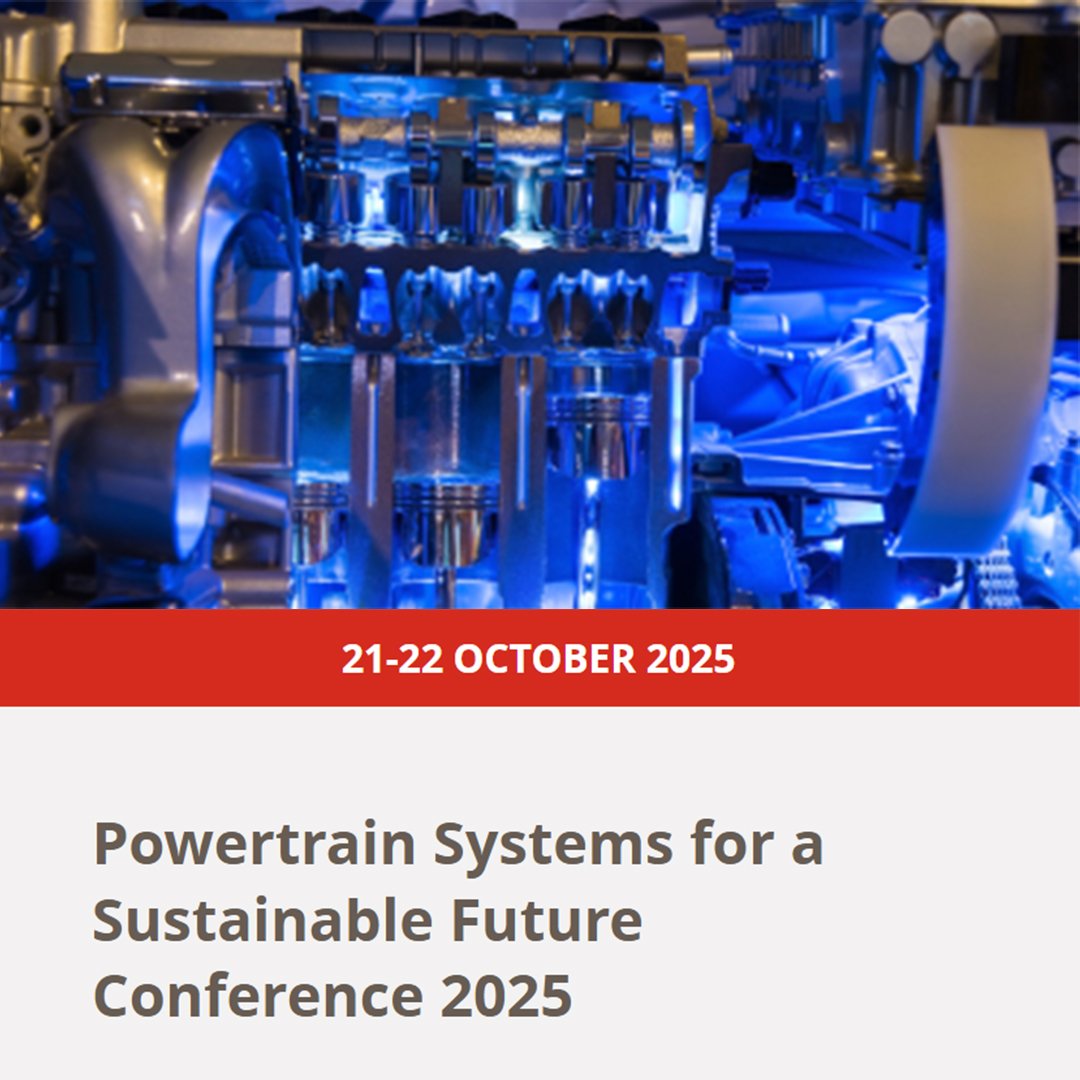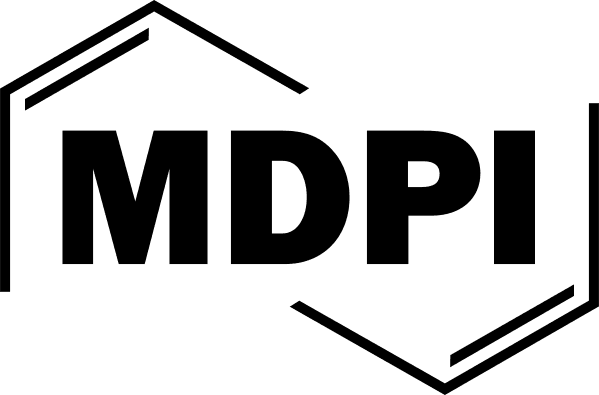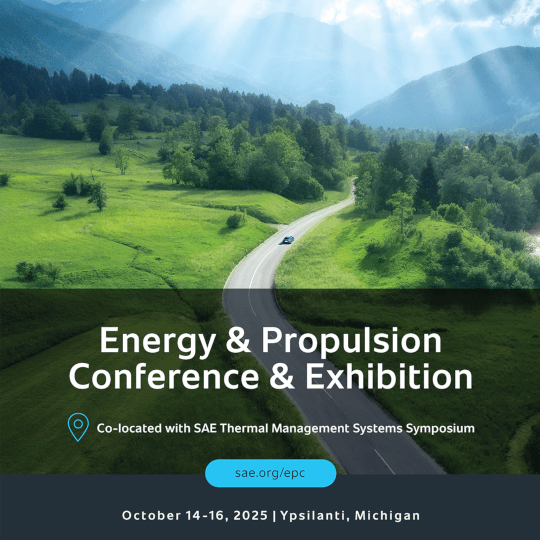
Numerical Investigation of the Application of Miller Cycle and Low-Carbon Fuels to Increase Diesel Engine Efficiency and Reduce Emissions


Numerical Investigation of the Application of Miller Cycle and Low-Carbon Fuels to Increase Diesel Engine Efficiency and Reduce Emissions
In this paper, validated simulations using Ricardo WAVE have been performed to investigate the effect of the Miller cycle and low-carbon fuels on the performance (power, torque, BTE and BSFC) and emissions of a diesel engine. The results show that the increased Miller cycle effect (larger deviation of the advanced or retarded intake valve closing from the standard intake valve closing time) will decrease NOx, CO and HC emissions, and slightly improve brake thermal efficiency (BTE) and brake specific fuel consumption (BSFC) with slight loss in engine performance and increase in soot emissions. An engine running B0 (diesel with 0% Biodiesel in the blend) with a −18% Miller cycle effect has a reduction in NOx of 9% and CO of 4.3% with a decrease of 1.6% in power at the rated engine speed. Using low carbon fuels drastically reduces emissions with reduced BTE and increased BSFC. When used in conjunction, the Miller cycle and low-carbon fuels have an improved effect on both performance and emissions. The optimal results demonstrate that using B60 (60% Biodiesel in the blend) and a −8% Miller effect contributes to a 1.5% improvement in power, 1.2% in BTE, 13.3% in NOx, 38.5% in CO, 8.9% in HC, and 33.0% in soot at a cost of 6.0% increase in BSFC. The results show that it is an easy way to reduce NOx, CO, HC and soot emissions and increase the BTE of the engine by combining Miller cycle and low-carbon fuels.
Realis Simulation, formerly Ricardo Software.
Our insights


CFD and FE Toolset for Predicting Structural Temperatures in a Hydrogen Internal Combustion Engine
Technical Paper